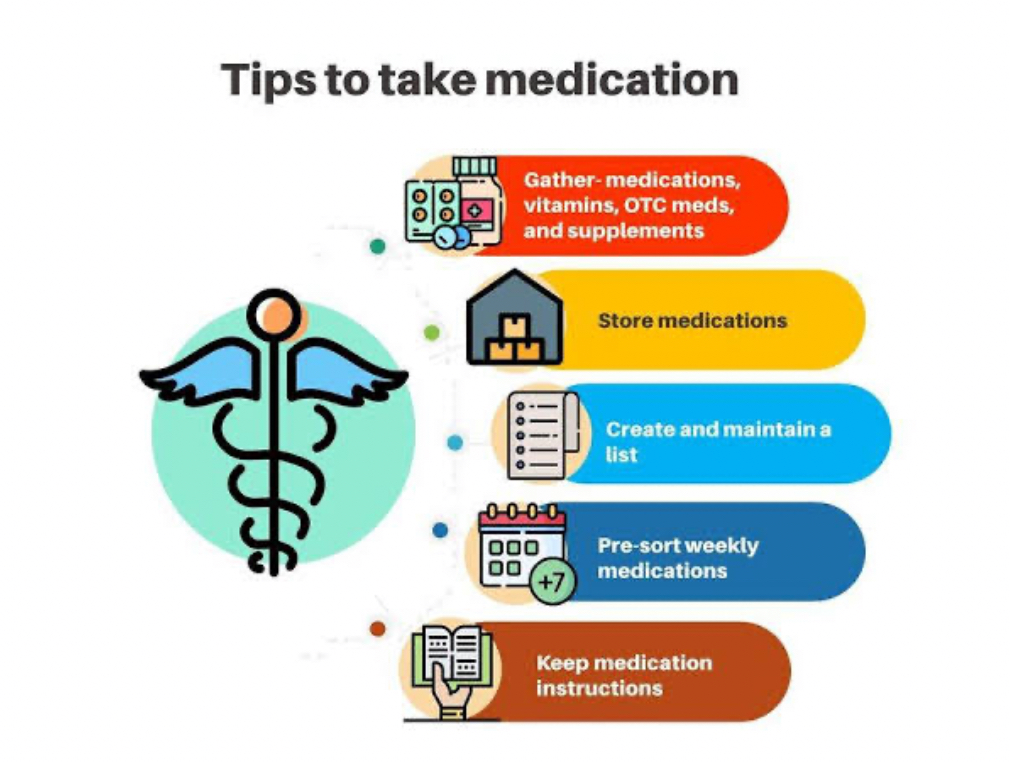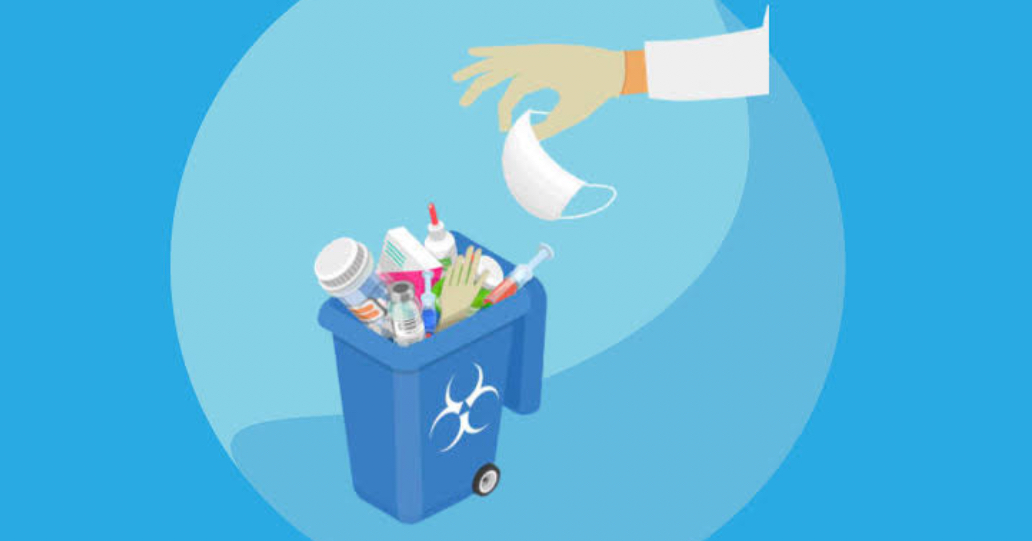Everybody has been there: they look in the medicine cabinet for drugs but only find an old bottle of pills. Is taking expired medication safe? that question that comes up. It's not clear whether the answer is yes or no, which is not good.
Understanding expiration dates:
The need to check medicine expiration dates for safety and efficiency is emphasised. India has similar rules to the US FDA, which has required signs to include expiration dates since 1979. Medical supplies that have passed their expiration dates might not work right and could contaminate your health. The expiration date tells you how long the medical product's maker thinks it will be safe and useful. Doing what these instructions say is very important if you want to avoid getting sick from using old medicines. Individuals can protect their health and well-being by adhering to these rules and making sure to use only drugs that have not expired.
Why Expired Medication Can Be Risky?
- Decreased Efficiency: Medication's chemical composition can degrade over time, reducing its effectiveness.
- Negative Outcomes: A breakdown of medication can lead to adverse reactions like allergic reactions, nausea, or vomiting.
- Microbial Growth: Improperly stored liquid medications can promote microbial growth, leading to infections.
- Antibiotic Resistance: Expired antibiotics have the potential to contribute to antibiotic resistance, a global health concern.
Risk of expired drugs depends on several factors:
- Expiration dates affect the dosage of life-saving drugs like nitroglycerin, insulin, albuterol, birth control pills, and thyroid medications,
- A drug a month past expiration may not be as dangerous as one year old.
- It's advisable to consult a doctor regarding expired medications.
- Storing medicines in a cool, dry place as directed can help maintain their effectiveness for longer.
Thoughts of Experts:

According to Dr. Usha Gaddam of Family Medicine, some people use old medicines because they can't buy new ones.
Medical insider Dr. Brunda stresses that unsuitable storage can make old medicines useless and create an ideal environment for microbes to grow. use outdated medicine.
Dr. Sarah Pace, an internal medicine expert, discusses the expiration date vs. shelf life of medicines. Some may lose effectiveness post-expiration. Liquid medicines past expiration can be dangerous. Proper storage of insulin and nitroglycerin is crucial.
Safe Ways to Take Medicine:

- Use medications before the expiration date.
- Store medications as directed on the box.
- Do not keep old medications for future use.
- Instead of using old medications for new infections, consult a doctor.
- Regular checkups to ensure medication is current
- Sign up for automatic medication refills.
Proper disposal of expired medications:

- Every other year, National Prescription Drug Take-Back Day is held to ensure the safe disposal of old or unwanted medicines, particularly those containing controlled drugs.
- Pharmacy take-back programmes allow for the return of expired medications at many pharmacies.
- Sharps disposal involves using designated bins for disposing of sharps like needles, often available at pharmacies.
At The End
Safe handling of outdated medicine is critical because the risks can vary. We recommend seeking advice from a doctor regarding the use of outdated medicine. Maintaining health and fighting antibiotic resistance require safe antibiotic storage, proper antibiotic disposal, and responsible antibiotic use. Essential rules to follow include keeping medicine boxes clean and taking medicines before they expire. Overall, being mindful about managing expired medications can help ensure that treatments work and are safe, while also improving overall health.
Image Source: Multiple Agencies
(Inputs from agencies)
© Copyright 2024. All Rights Reserved Powered by Vygr Media.



















